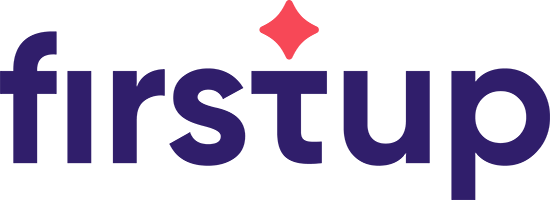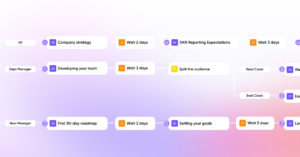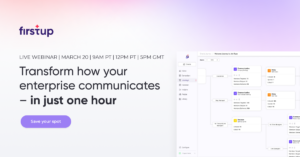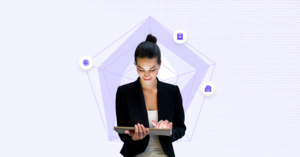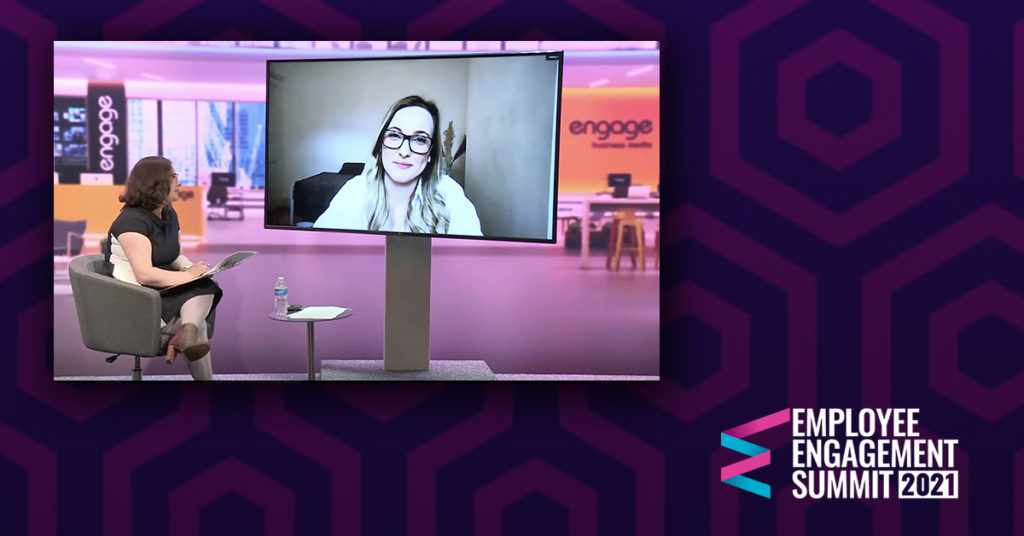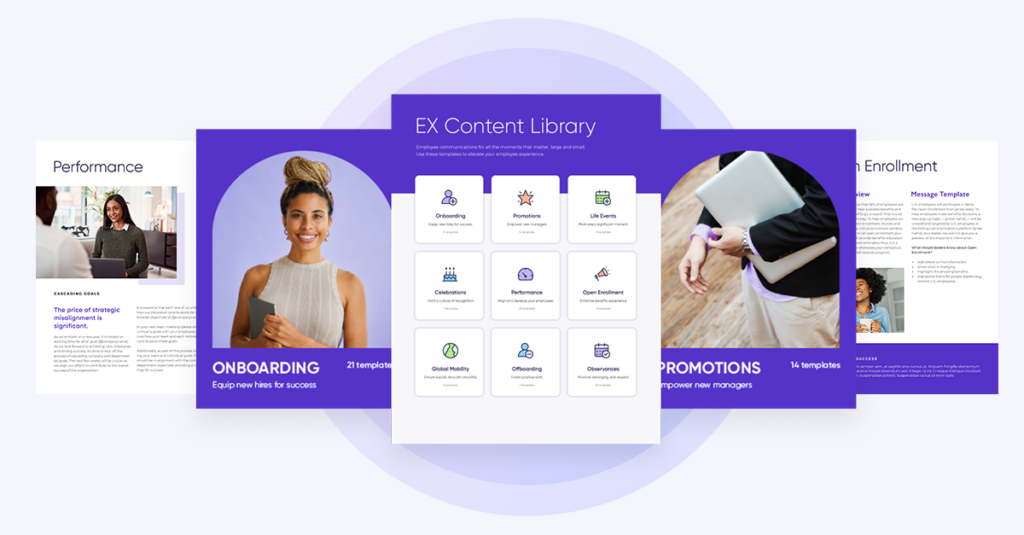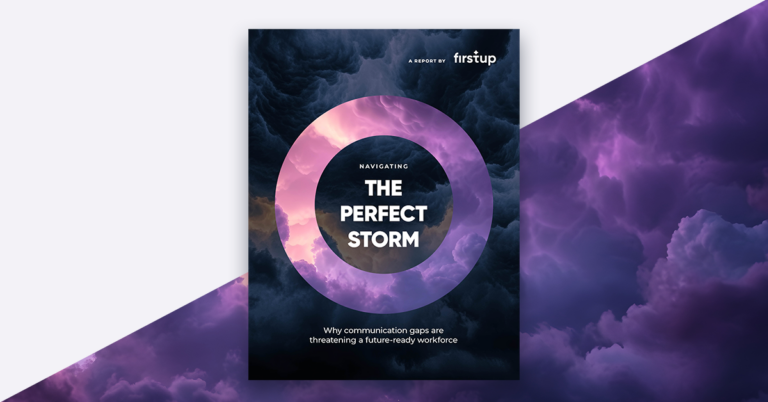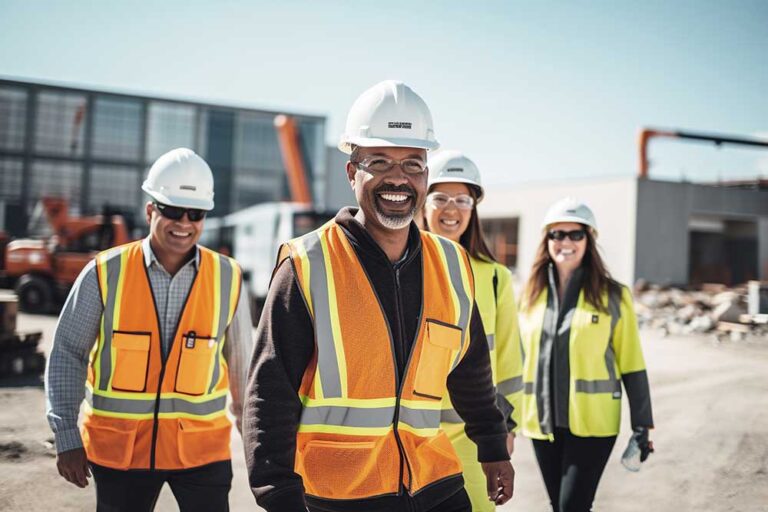I was recently fortunate enough to be invited to take part in a session discussing The Evolution of Work – A Cultural Challenge for European Businesses as part of the Employee Engage Summit.
Hosted by Sarah Metcalfe, Co-founder and Chief Happiness Officer at Happy Coffee Consulting along with Firstup customer, Giulia Cherbavaz, Media Manager at Convatec, we discussed how the modern workplace is evolving and what business leaders can do to get the most out of these changes.
Firstup is passionate about making sure that communications meet employees where they are, in a way that is accessible for them – regardless of location, role or shift pattern. This requires a great deal of leg work from the outset in establishing the different personas throughout an organisation and then working out how best to engage with them.
When working with a company such as Convatec, with over 10,000+ employees in a wide variety of roles, spanning generations, across the globe – this results in a lot of different personas!
In thinking about the new normal and how to address the remote and hybrid working challenges, it is important to give careful consideration to what strategies will ensure success across the entire business footprint, and how each business unit will get the support they need.
Recognising engagement challenges
First off it is important to recognise the potential engagement challenges:
- Language: As we all know, things can easily get lost in translation, and a message may not always be heard in the way that it is intended. For this reason, Firstup uses local consultants who are already part of the business to work at the top level of organisations to translate business goals and strategies, both literally and culturally. The software provides machine translation, which is a fantastic starting point, but the value of that human element should not be underestimated.
We’re seeing a more consultative and hybrid approach to working within Europe. We’re potentially talking to 100,000 people in Europe, so we’re potentially talking to 25 different cultures and 25 different languages. That in itself presents a really unique challenge that we wouldn’t see in other parts of the world.
— Tahni Morrison
- Culture: Considering Europe alone, there are 25 different cultures and languages – all of which will be highly specific to their regions. For example, communicating with an employee from Southern Europe will require a very different style to that used for someone from London.
In Italy, there’s a kind of ritual, an almost dance and you have to respect that until you come to the point of negotiation. It starts with a coffee and maybe a chat about the football or food but don’t be fooled! It’s just a tactic to work out the person in front of you and to help get the most out of the negotiation.
— Giulia Cherbavaz
- Generational differences: Most businesses will have several generations throughout the company, and often baby boomers and millennials have very different expectations of their organisation and its leaders. Those who are used to presenteeism as a form of ‘proving’ work completion, may find the shift towards hybrid working more of a challenge. Conversely, coming from a ‘network’ type background, millennials often expect to be part of the company decision-making process – something that more traditional leaders may find tricky.
High-Context Communications — The Power of the Network with Malcolm Gladwell
So what can businesses do to help manage these challenges in a time when the only constant is change?
Digital investment
Here at Firstup, we have seen a massive increase in digital investments, particularly with those organisations that have a lot of shop floor workers. Previously these employees may have been cut off simply because digital tools were not reaching them. This has numerous implications in terms of employee wellbeing, motivation, and retention – every employee deserves to feel valued and engaged. Having the right IT infrastructure in place can bridge huge gaps here, making it possible to connect with every single employee in a way that works for them.
Approach change
For me, the biggest factor in managing the evolution of the workplace against a diverse cultural and generational background is in how we approach change. At Firstup we are now working with a lot of customers to embed a more consultative approach to how they bring new tools into the business, as well as how they work with employees in the existing environment.
This means empowering people who are not usually involved in the business decision-making process. This two-way conversation means local representatives sit at the table with business leaders to ensure the needs of their area are considered, and that what is being discussed is relevant for their region. Those individuals will then be able to translate back to their colleagues what the business is trying to achieve in a way that is meaningful to them.
This process of getting people involved at an early stage, asking what they are looking for, what they want, to inform the decision making process, rather than simply cascading top-down decisions, will go a long way to reducing resistance to change, as well as improving engagement, tenure, and overall employee wellbeing.
Be deliberate
If anything is clear to me is that every decision we make, every path we choose going forward, needs to be deliberate and meaningful. For many people the days of the traditional 9-5 in the office are over, which means that if a worker does choose to go into the office, there must be a specific purpose to that – be it creative sessions, collaboration, or for a specific project that will work the best face to face. The same applies for choosing to work remotely – give thought to the reasons for this so that there are clear outcomes. The same applies to distributing communications – be clear about the objectives in advance. Who is it aimed at, and how can they best be reached? Having clear goals in mind will then also allow meaningful measurement and analysis of the outcomes – creating a clear feedback loop to inform future decision-making processes.
One of the big plus points of the new normal is an enhanced ability to be flexible. As hybrid working becomes more established, there are huge gains to be made in letting people choose how they want to work, where they want to be, and how they want to engage. This ability to adapt to personal preferences and styles puts people at the centre of the business and will help individuals to grow and shine.
For leaders – hybrid working is really a challenge that we need to address. We have to educate and move on… because what’s in front of us is so exciting as well as a challenge.
— Giulia Cherbavaz
The new normal also presents an exciting opportunity for evolving our approach to attracting and retaining talent. No longer must recruits be based in the same city as the business. Companies can now draw on talent from the most remote of locations across the globe – which is hugely exciting when you think of the impact this can have on the business as a whole and its potential for growth.
Learn how to empower your frontline teams with technology — download our 3 step guide today!



